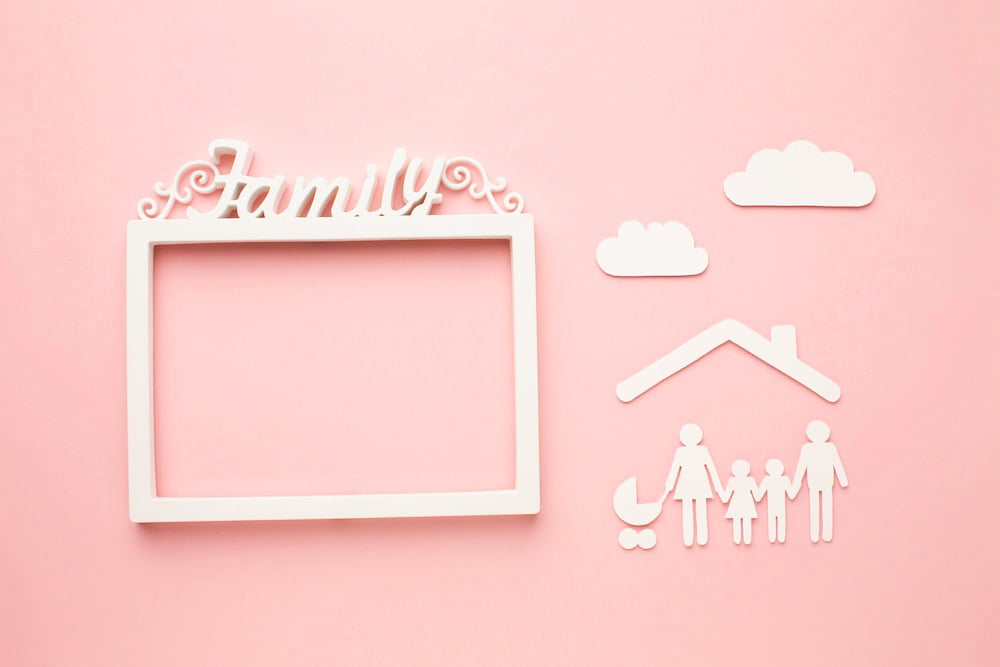Family nicknames are like secret handshakes, adding a splash of warmth and joy to our relationships. They create a special connection, a unique way to show love and affection. Whether you’re calling your brother “Champ” or your grandmother “Nana,” these names tell a story. Let’s dive deeper into why these nicknames matter and what they reveal about family ties.
The Origin of Family Nicknames
Nicknames often arise from moments that become cherished memories. Maybe “Goofy” comes from that funny face your cousin made at Thanksgiving dinner, or “Gigi” is a nod to your grandma’s glamorous style. These names evolve from personal experiences and inside jokes, giving them a special place in our hearts. They create a sense of belonging, reminding us of shared history and love.
Strengthening Family Bonds
Using nicknames can strengthen ties within a family. When you call someone by a nickname, it shows familiarity and affection. It’s like a verbal hug! This connection helps families navigate tough times and celebrate joyous occasions. Think about it: when you hear “Sugar” or “Buddy,” doesn’t it instantly make you feel cozy and valued? These little terms of endearment create an atmosphere of closeness that’s hard to replicate.
Traditions Wrapped in Nicknames
Each family has its unique traditions surrounding nicknames. They can be passed down through generations, linking family members like a chain. For example, if your dad calls you “Little Whiz,” that might be a tradition reflecting his pride in your academic achievements. Such traditions enrich family culture, making every gathering feel like coming home. In many ways, these nicknames are a living history, keeping memories alive in every mention.

Nicknames and Identity
Family nicknames don’t just reflect our relationships; they also shape our identities. They can highlight traits we admire or signify our role in the family. A nickname can empower a child, making them feel special and unique. When a sister is lovingly called “Princess,” she might grow up feeling confident and cherished. Similarly, a brother nicknamed “Chief” may embrace leadership qualities. It’s fascinating how these names can influence our self-perception!
The Evolution of Family Nicknames
As families change and grow, so do their nicknames. Kids outgrow them, new members join, and sometimes nicknames evolve into new forms. Your mom might start calling you “Teenager” when you hit your early teens, and later it could transform into “Young Adult.” This evolution reflects the ongoing journey of family dynamics. It’s like watching a plant grow—names sprout, bloom, and occasionally wilt away, but always with a story to tell.
The Global Perspective on Nicknames
Nicknames aren’t just a Western phenomenon; they’re found in cultures around the world. In some cultures, nicknames are the norm, while in others, they’re reserved for close family members. For instance, in Spanish-speaking families, terms like “Mijo” (my son) or “Mija” (my daughter) embody deep affection. Understanding these cultural nuances enriches our appreciation for the diverse tapestry of family relationships globally.
Conclusion: Celebrating Our Unique Connections
Family nicknames are more than just casual terms; they’re personal treasures that showcase the love, history, and traditions of each family. They serve as a reminder of our unique connections and the memories we’ve created together. So the next time you hear your loved one call you by a nickname, take a moment to cherish that bond. Each name holds a story, a smile, and a sprinkle of family magic.
Also Read: Sibling Rivalry: How to Foster Positive Relationships between Your Kids
Discover more from NoseyPepper
Subscribe to get the latest posts sent to your email.










I love you calling it a secret handshake:-)
Thank you 😊😊